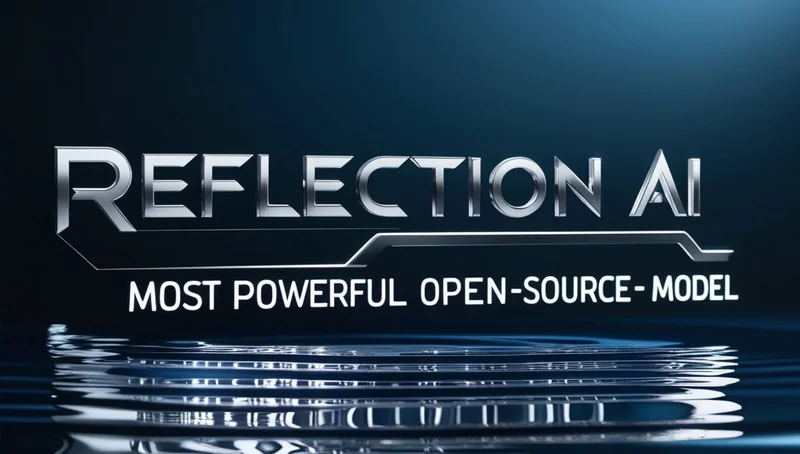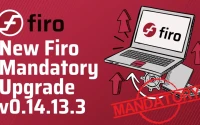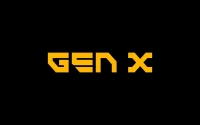Let me get this straight. A one-year-old company, founded by a couple of DeepMind alumni, just raised two billion dollars at an $8 billion valuation. Its valuation jumped 15x in six months. For what? For an AI that helps engineers… read code.
Read that again. Not an AI that cures cancer. Not an AI that solves fusion. An AI that helps a programmer understand the tangled mess of code someone else wrote. And for this, Nvidia, a parade of top-tier VCs, and even Donald Trump Jr.’s investment fund are tripping over themselves to light a $2 billion pile of cash on fire.
This isn't innovation. This is a symptom of a disease. It’s the terminal stage of tech hype, where the numbers have become completely unmoored from reality, and the only thing that matters is getting a seat at the table before the music stops.
The Nvidia Casino Always Wins
You have to hand it to Nvidia. They’ve built the most brilliant business model in modern history. It’s like being the exclusive pickaxe-and-shovel salesman during the gold rush, but then also giving the most desperate prospectors loans to buy your gear, taking a stake in their (probably worthless) claims in return.
Nvidia is leading Reflection AI’s round with a check for up to half a billion dollars. Why? Offcourse it’s not just because they believe in the plucky startup’s vision. It’s because Reflection AI is now a captive customer. To build their "superintelligent autonomous systems"—whatever the hell that means—they’re going to need thousands upon thousands of Nvidia’s GPUs. Nvidia is essentially pre-paying for its own future sales. They’re watering the garden to make sure their flowers grow. It’s a beautiful, self-sustaining loop of capital that guarantees one thing: Nvidia wins.
And who else is at this poker table? The usual suspects: Sequoia, Lightspeed—the VCs who can’t afford not to be in on the next big AI deal, lest they look like they’ve lost their touch. But the real kicker is 1789 Capital, Don Jr.'s fund, dropping a cool $100 million. This tells you everything you need to know. AI isn't just a tech story anymore; it's a political football, a piece on the great power chessboard, where Nvidia’s $2B Bet on Reflection AI Shakes Up the Global AI Race. We’re not just funding a code-reader; we’re funding America’s answer to China’s DeepSeek. It’s patriotism via speculative bubble.
But what happens when all these startups, funded by the same handful of players, are all buying the same chips to build slightly different versions of the same thing? Does anyone ever stop to ask if the world actually needs ten different AI-powered coding assistants, each valued at more than the GDP of a small country?
From "Superintelligence" to a Glorified CTRL+F
Let's talk about the mission. Reflection AI says it’s building "open intelligence accessible to all" on a path to "superintelligence." I’ve been hearing that line since the 90s. It’s the kind of grandiose mission statement you slap on a pitch deck to make VCs feel like they’re funding the future of humanity instead of just another enterprise SaaS tool.

The actual product, Asimov, is a "code research agent." It indexes a company’s entire codebase, documentation, and chat logs so an engineer can ask it questions in plain English. "How does our login authentication work?" It’s a genuinely useful tool. I’ll grant them that. Developers spend an obscene amount of time just trying to understand existing code. This could save them real headaches.
But this is a good idea. No, "good" doesn't cover the valuation—this is a revolutionary, world-changing, $8 billion idea, apparently. The leap from "a better way to search your company’s GitHub" to "superintelligence" is a chasm so wide you could lose a trillion-dollar industry in it. It feels profoundly dishonest. It's like selling a really, really good hammer by claiming it’s the first step to building a starship.
The founders have the DeepMind pedigree, which in 2025 is basically a license to print money. They worked on AlphaGo. Fantastic. But does that automatically mean their next project justifies a valuation that dwarfs established, profitable companies? Investors aren't betting on a product; they're betting on a résumé. And that’s a dangerous game.
We're All Living in the Bubble Now
The numbers are just staggering. We've just seen that AI Daily: AI model start-up Reflection AI raises $2B, and that's just one example. Over half of all venture capital—all of it—went into AI startups in the first part of this year. We've got founders being offered compensation packages like pro athletes. We have another startup from an ex-OpenAI exec, Thinking Machines Lab, also raising $2 billion with no product.
Even the money guys are getting nervous. A chief investment officer at a massive sovereign wealth fund basically admitted there’s a "hype bubble" and that "any startup with an AI label will be valued right up there at huge multiples." You know things are getting frothy when the people writing the checks are publicly hedging about whether it’s all a mirage.
They’re all just playing the game, hoping they can get out before it all comes crashing down, and honestly… maybe they will. Maybe they’ll dump these shares on the public in a big IPO and walk away rich, leaving retail investors holding the bag. It’s the dot-com playbook all over again.
Then again, maybe I'm the idiot. Maybe this time it really is different. Maybe an AI that reads code really is the gateway to AGI, and in five years, we’ll all have autonomous AI agents building our software for us. Maybe. But history suggests that when the mania gets this intense, the crash is never far behind.
Welcome to the FOMO Casino
So here we are. Drowning in a sea of capital, where a one-year-old startup is worth $8 billion because it has the right names on its founding team and promises a sci-fi future. This isn't about building sustainable businesses anymore. It's a high-stakes game of musical chairs fueled by geopolitical anxiety and an overwhelming fear of missing out. The technology is real, sure, but the valuations are pure fantasy—a collective hallucination we've all agreed to believe in. For now.









